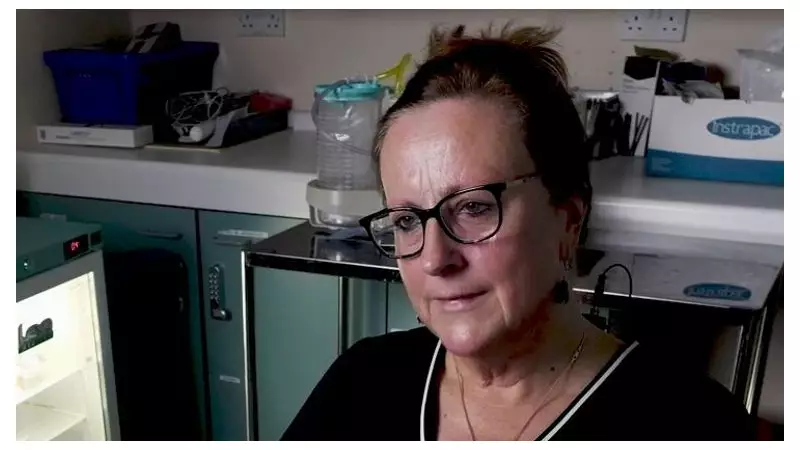
Every time the emergency call comes through about another young driver collision, a familiar dread settles over Britain's frontline workers. These aren't just statistics - they're life-altering events that leave deep psychological scars on those who arrive first at the scene.
The Hidden Cost of Road Tragedies
While much attention focuses on the victims and their families, little is said about the emergency personnel who witness the aftermath of these devastating crashes. Paramedics, police officers, and fire crews regularly face scenes that would haunt most people for a lifetime.
"You never forget the first young person you can't save," reveals one veteran paramedic who asked to remain anonymous. "The smell of the scene, the personal effects scattered around, the mobile phones still lighting up with messages from friends - it stays with you."
The Psychological Impact
Research indicates that emergency workers exposed to traumatic incidents involving young people are particularly vulnerable to developing:
- Post-traumatic stress disorder (PTSD)
- Anxiety and depression
- Substance abuse issues
- Relationship breakdowns
- Career-ending psychological injuries
Coping Mechanisms and Support Systems
Many emergency services have implemented formal support programmes, but frontline workers often rely on informal coping strategies. The traditional "stiff upper lip" culture is gradually being replaced by more open discussions about mental health.
"We've started doing mandatory debriefs after particularly difficult incidents," explains a fire service manager from Manchester. "It's not weakness to admit something affected you - it's human."
The Ripple Effect of Each Accident
Every fatal collision involving young drivers creates a chain reaction of trauma that extends far beyond the immediate victims. From the first responders to hospital staff, and even to the recovery vehicle operators who clear the wreckage, multiple professionals are exposed to these tragedies.
One police officer shared: "When you have to knock on a parent's door at 3am, that moment stays with you. You see your own children in their faces."
Moving Towards Better Support
Emergency services across the UK are now recognising that psychological support needs to be proactive rather than reactive. Peer support programmes, confidential counselling services, and mental health first aid training are becoming more commonplace.
However, many workers say there's still a long way to go before the mental health impact of their work is fully acknowledged and adequately supported.
As road safety campaigns continue to target young drivers, perhaps it's time we also remember those who deal with the consequences when prevention fails.





